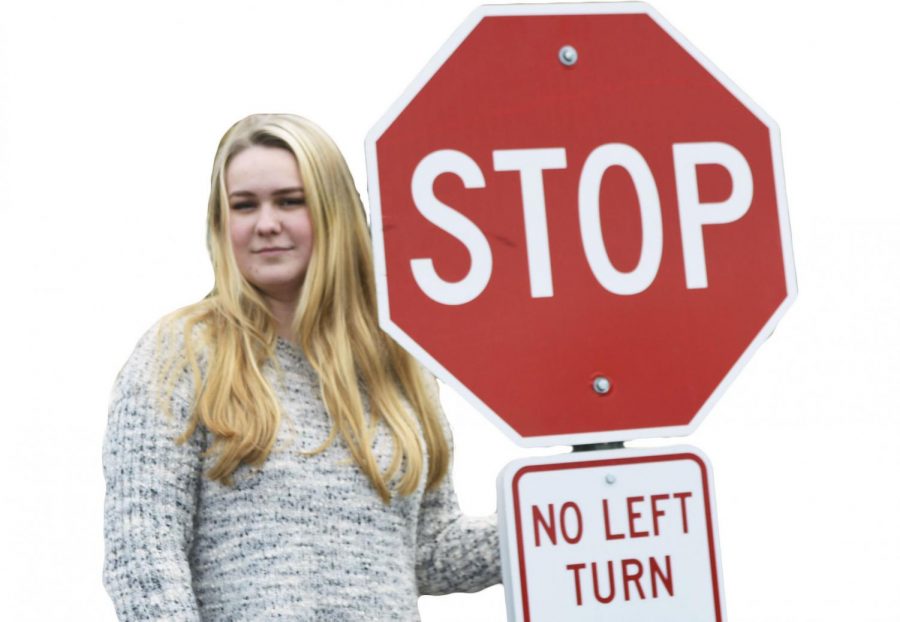Go with the Chlo: Consent is too commonly misunderstood
November 10, 2017
Indie film director Harvey Weinstein has been plaguing the news recently, as he has been accused by at least 80 women in the past month for sexual assault and harassment. Following in the footsteps of Weinstein, many other upperclassmen have come face to face with sexual misconduct accusations as well. James Toback, fellow indie director, has faced upwards of at least 100 women’s accusations as well. Many other men joining the lineup include actor Kevin Spacey, actor Ben Affleck, Marilyn Monroe’s bassist Twiggy Ramirez, MSNBC news anchor Mark Halperin and former President George W. Bush.
Although recent, this trend of sexual assault allegations is not new to the elite scene. Actor Casey Affleck has been known to have a history of sexual harassment and assault. Classic professional boxer Mike Tyson is a convicted rapist. Filmmaker Woody Allen is widely known as a sexual predator to his family.
These recent sexual assault allegations involving the country’s celebrities and affluential leaders in the news can make it easy to distant ourselves from the seemingly unrelatable Hollywood society. We can tell ourselves money corrupts, and that’s why we see such a big problem with assault and harassment among these elites. But here’s the thing – knowing and enforcing the boundaries of consent is a widespread problem. According to the RAINN Organization, 321,500 Americans are sexually assaulted or raped each year, and 70 percent of victims know their attackers.
I genuinely believe some of those accused do not quite understand how they went too far. There seems to be a blurry line between yes and no and want and disgust among men and some women. “When is someone into my advances?” “Am I going too far?” “How do I know?”
But why? Why is there this confusion?
Understand that it doesn’t take these recent accusations for me to come to the conclusion that consent is something widely misunderstood and seemingly up for interpretation. I learned the valuable lesson of consent and its severe importance by just being a girl. I, and other women, have been raised in a society that puts self-interest before others. From catcalling to refusing to stop when hearing “no,” this rape culture is deeply rooted in the way we do things. We have normalized this idea that there is no need to ask for consent, and it’s okay to just assume. This could not be more wrong.
How do we undo this ideology in our society? We can unteach it. We can point out when someone is crossing the line, no matter how famous or rich. We can voice when we are uncomfortable, and step up when we notice others visibly distressed. These are just small, easy ways to make a difference in undoing the effects of rape culture. To take even bigger steps, schools can include in their sex education consent, the importance of it and what it looks like. Normalizing the idea of permission, whether through conversation, stories or teachings, is another effective way for us to change and get better. Any efforts to further educate youth – and grown adults even – can pay off in changing the mindset of society.
Listen, just because you may not quite relate to these victims of sexual violence, whether as a man or woman, doesn’t mean you can’t learn from the allegations. Understand the lack of consent that exists is an issue plaguing society today. This shortage of communication and understanding has hurt countless human beings, and will continue to hurt more and more if we don’t do anything. We can’t undo the hurt and suffering, but we can change our ways to prevent acts of sexual violence from happening.


